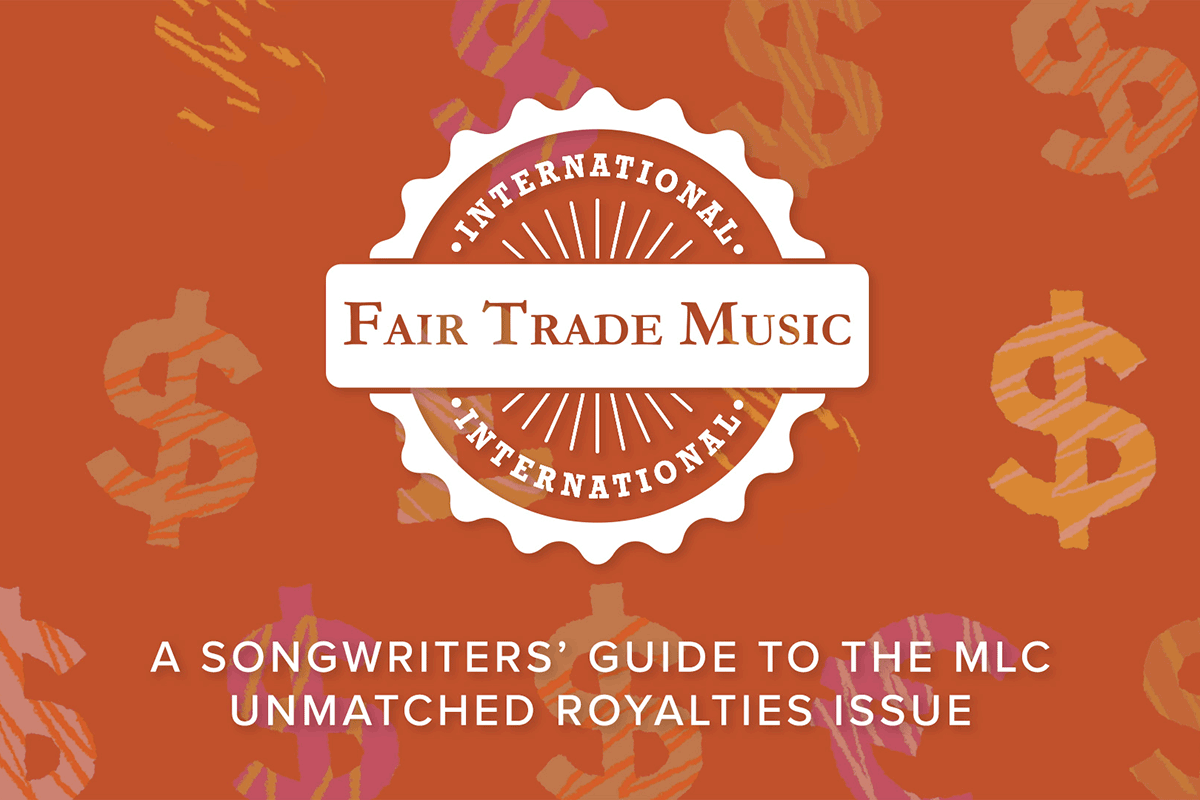Ethical, transparent and sustainable.
Every year, music becomes easier to discover and listen to. This is great news for music lovers and even better news for songwriters and composers who above all, want the world to hear their work.
But this new music ecosystem needs to be sustainable if it’s to survive. And that means recognizing and fairly remunerating the music creators upon whose work the entire system is based.
Without equitable treatment for music creators, the supply of exciting new music will slowly but surely diminish as songwriters and composers are forced to find other work to pay the bills.
Remember, it’s not Taylor Swift we’re worried about. It’s the next Taylor Swift that’s struggling today.”
MARTINE GROULX
Songwriter, label owner and FTMI board member
We can already see the effects of this happening. In the US today, total album consumption of current music is in free fall while older, catalogue music grows at an unprecedented rate. It’s time to begin investing in new songwriters by paying them fairly. But what does fair look like?
The Fair Trade Music study
The basis for our equitable streaming campaign is the 2014 “Study Concerning Fair Compensation for Music Creators in the Digital Age” commissioned by Music Creators North America and the International Council of Creators of Music. Written by Pierre Lalonde, former director of economic research for the Copyright Board of Canada, the report presents comprehensive, empirical evidence that suggests an alternative business model is urgently needed if the digital economy is to be sustainable.
The study concluded that fair trade models may prove more effective in creating a virtuous value chain than government regulation because laws simply cannot and do not keep pace. The success of fair trade coffee and other such certified products demonstrates the consumers’ willingness to make ethical decisions when given a simple, understandable option to do so.
Key findings
1. Music is undervalued
The current level of streaming services’ revenues paid out for the use of music is between 60 and 70%. The report’s author believes that this undervalues music given the services’ dependency on it. Shareholder benefit, is being prioritized above recording artists, songwriters and composers.
The study recommends that no less than 80% of gross revenues from all sources paid to all rights holders would offer fairer compensation for the overall use of music by streaming services.
2. Revenues are imbalanced
The split of monies from streaming platforms is geared much more favorably towards multinational record labels at the expense of music creators and others in the music value chain.
The study recommends a more equitable division of revenues between the various rights holders.
3. Deals lack transparency
The lack of transparency in the negotiating process between multinational record companies and streaming platforms, and the opaqueness of many other aspects of the current value chain, leaves artists, songwriters and composers in the dark about much of their current situation.
The study recommends that all parties should have total access to any and all pertinent information that could impact remuneration.








